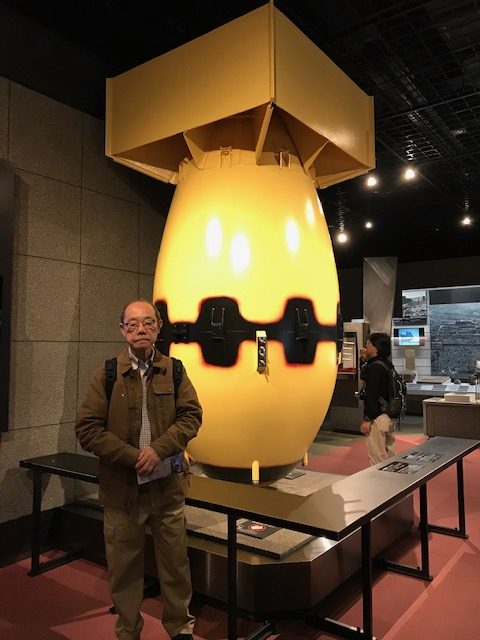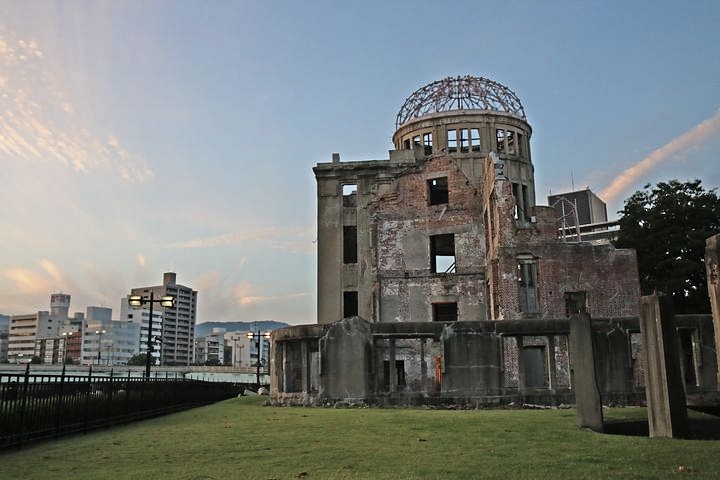New York. October 26 – An international treaty banning nuclear weapons the world has been awaiting in the past 75 years will finally enter into force on January 22, 2021 but without the support of nuclear powers like the United States, China and Russia.
Japan, the world’s only country that suffered atomic bombs in Hiroshima and Nagasaki in August 1945 also declined to join the treaty.
The Treaty on the Prohibition of Nuclear Weapons, adopted by the UN General Assembly in 2017 by 122 countries, required that 50 of those countries signed and ratified it to fulfil conditions for the entry into force and Honduras was the last one to do so.
For years the UN conducted negotiations to build the first global treaty prohibiting the use, threat of use, development, production, testing and stockpiling of nuclear weapons. The treaty also commits countries to clear contaminated areas and help victims.
Countries that have not signed and ratified the treaty included Japan and Australia, and all of the nuclear powers such as the United States, the United Kingdom, Russia, China, France, India, Pakistan and North Korea. The nuclear powers reportedly have a combined 14,000 nuclear bombs and many of those weapons have warheads that are more powerful than the atomic bombs dropped on Hiroshima and Nagasaki.

(Exact replica of atomic bomb dropped on Nagasaki displayed at a Nagasaki museum)
The Kyodo News reported from Tokyo on October 26, 2020 that the Japanese government will not join the treaty as it is protected by the US nuclear umbrella under a bilateral agreement.
“We believe, given the increasingly difficult security environment surrounding Japan, it is appropriate to make steady and realistic progress toward nuclear disarmament while maintaining and strengthening our deterrence capabilities to deal with threats,” Chief Cabinet Secretary Katsunobu Kato said at a press conference.
“Japan shares the goal of this treaty, the abolition of nuclear weapons…but as we differ in how to approach the issue, we will not become a signatory,” he said.
UN Secretary-General Antonio Guterres welcomed the development and countries that ratified the treaty, saying that the enter-into-force of the treaty is a tribute to survivors of nuclear explosions and tests, particularly those who campaigned for the treaty to become effective.
“The entry-into-force of the Treaty on the Prohibition of Nuclear Weapons is the culmination of a worldwide movement to draw attention to the catastrophic humanitarian consequences of any use of nuclear weapons,” he said. “It represents a meaningful commitment towards the total elimination of nuclear weapons, which remains the highest disarmament priority of the United Nations.”
Francesco Rocca, President of the International Federation of Red Cross and Red Crescent Societies (IFRC), said: “Today is an historic day: even a few years ago, the dream of a nuclear ban recognized by the international community seemed unfathomable. This is a victory for every citizen of the world, and it demonstrates the importance of multilateralism. I would like to congratulate all 50 States that have ratified the treaty and to call on all the other world leaders to act with courage and join the right side of history.
“The simple reality is that the international community could never hope to deal with the consequences of a nuclear confrontation. No nation is prepared to deal with a nuclear confrontation. What we cannot prepare for, we must prevent.”

